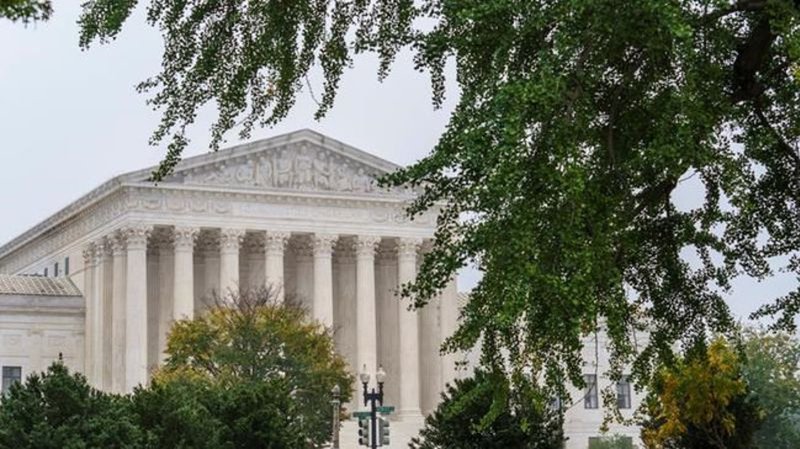
If 2020 is like 2000, Trump believes he’s got the votes
WASHINGTON — More than 86 million Americans have already voted in the presidential election, but President Donald Trump thinks he can count on one hand the votes that will determine the outcome.
“I think this will end up in the Supreme Court,” Trump said last month of the election.
The justices have already tackled issues involving voting in more than half a dozen states. On Friday, the president on Twitter sharply criticized their decision involving an extended deadline for receiving mailed-in ballots in North Carolina as “CRAZY and so bad for our Country.”
His disapproving comments highlight the tension between the law and politics that Chief Justice John Roberts has long said he would like to see the court avoid. Two years ago, Roberts issued a rare public rebuke of Trump for suggesting that judges are loyal to the presidents who appoint them.
